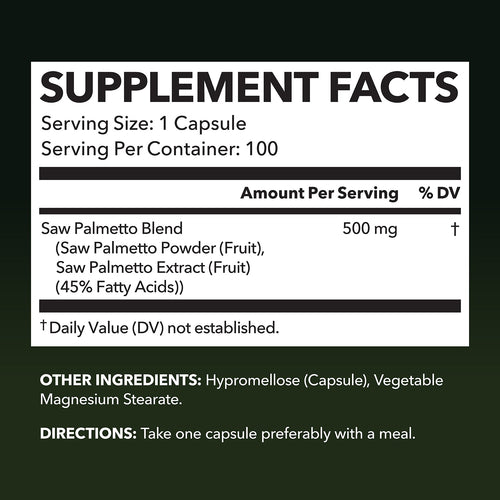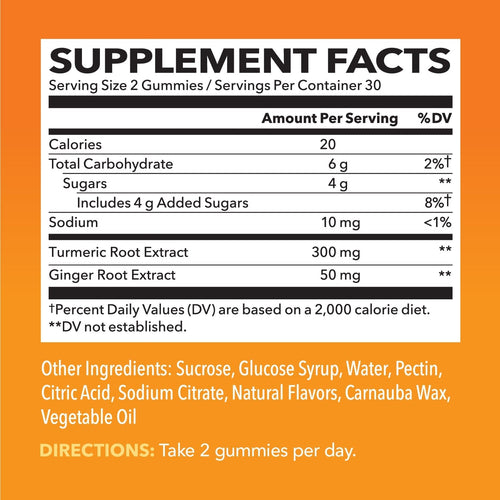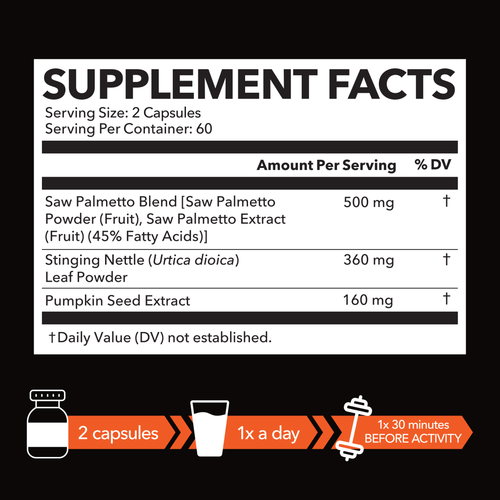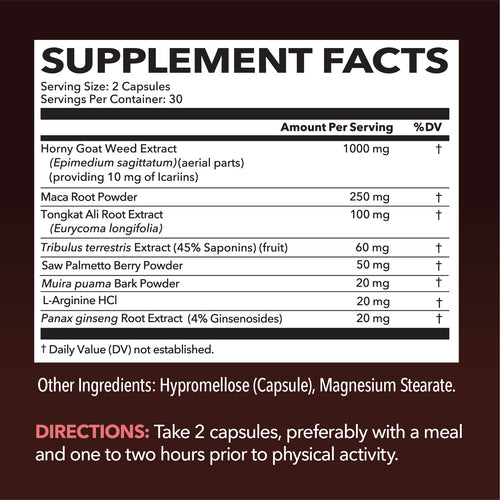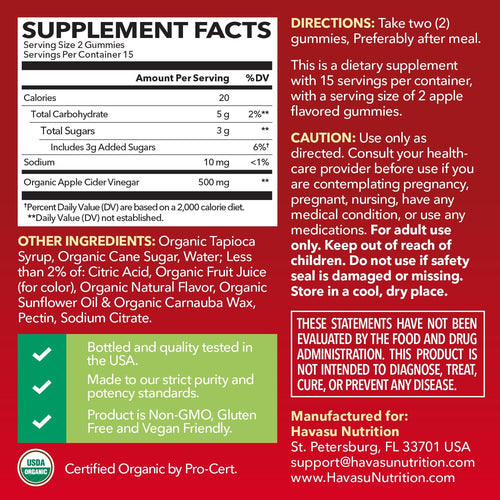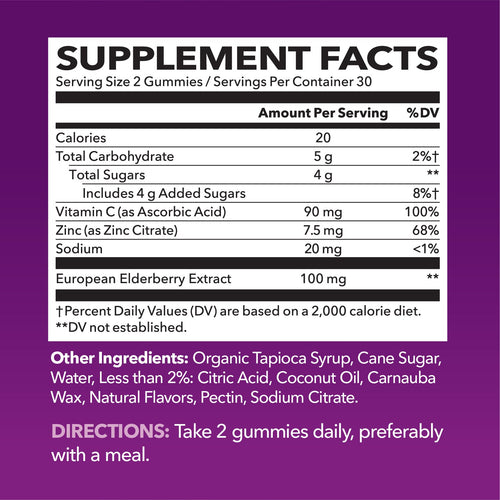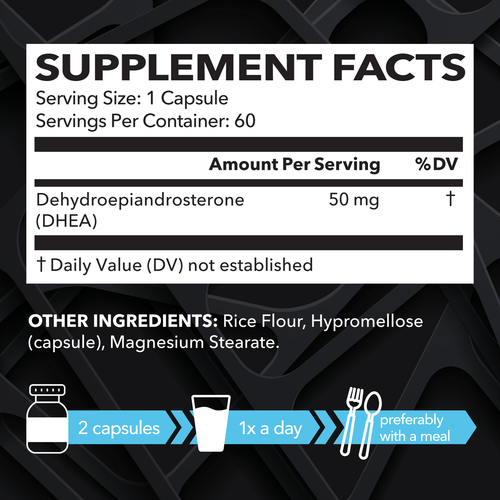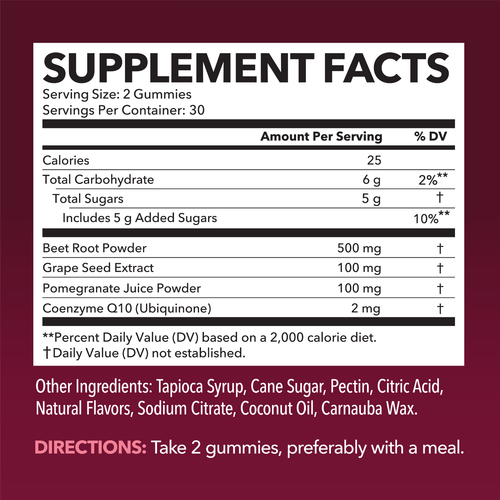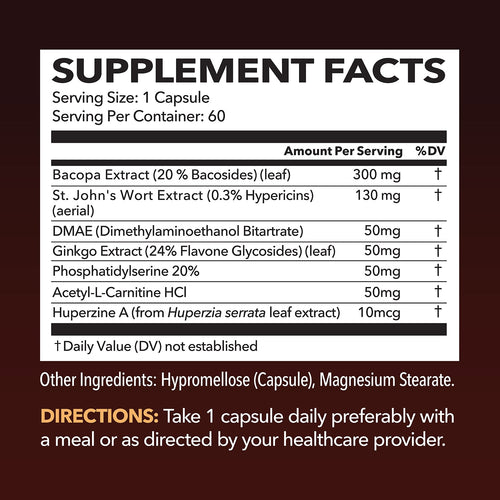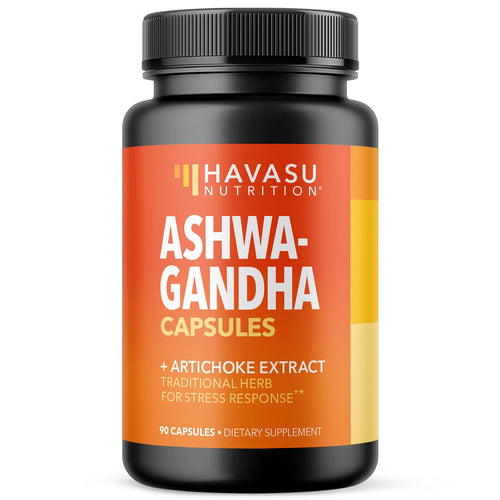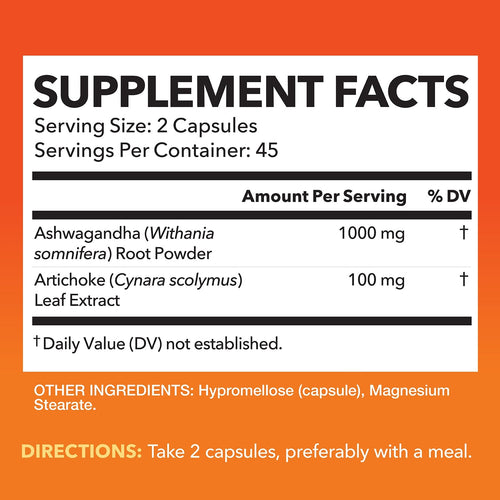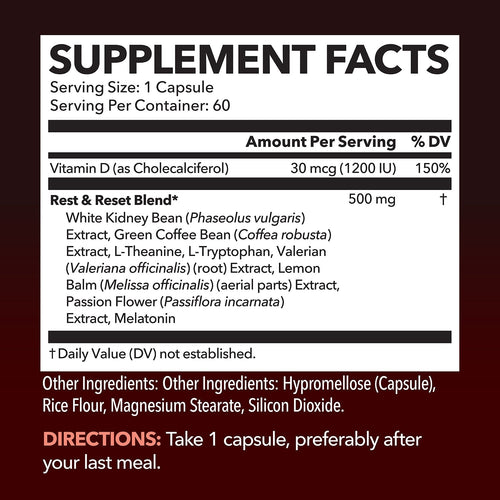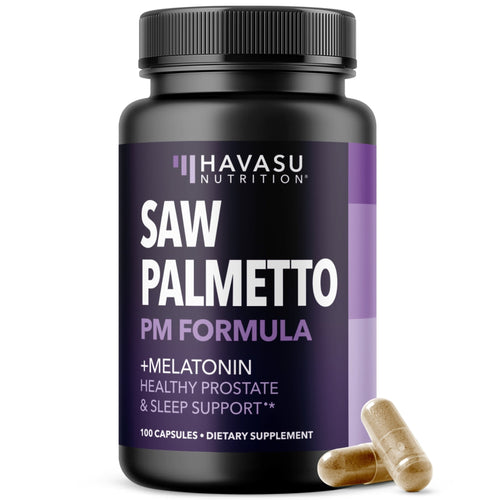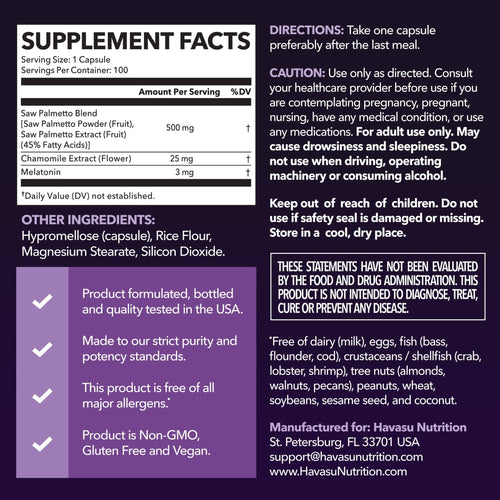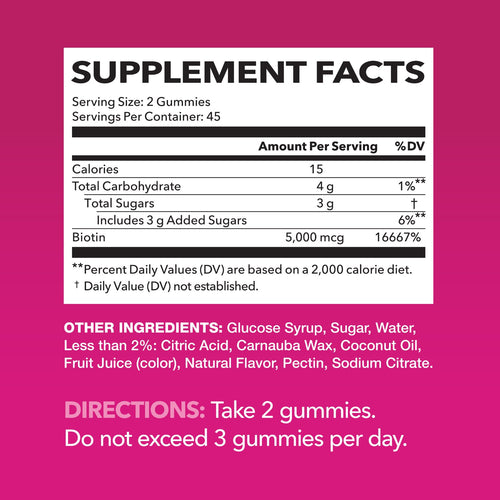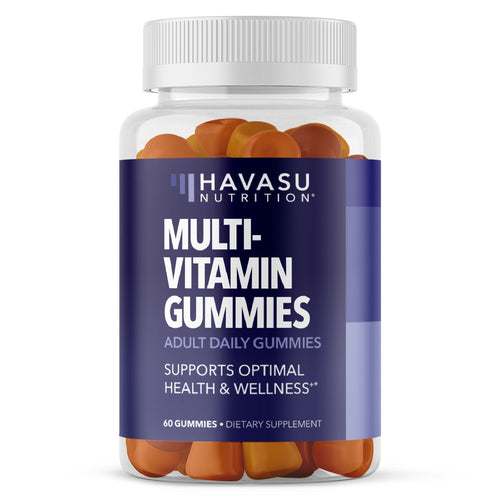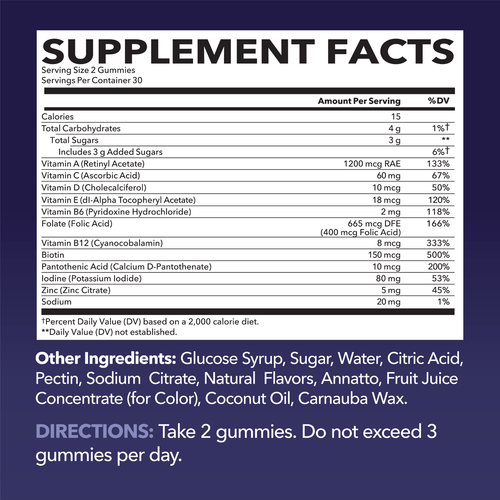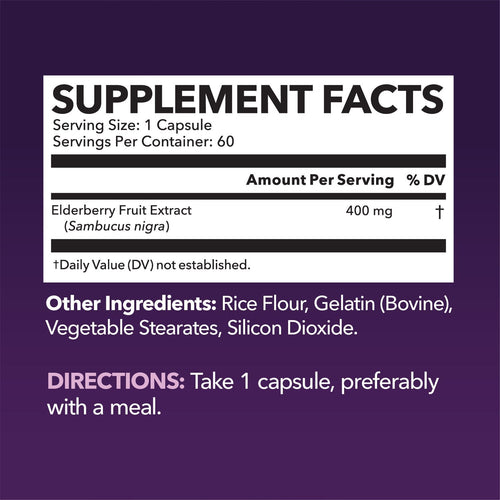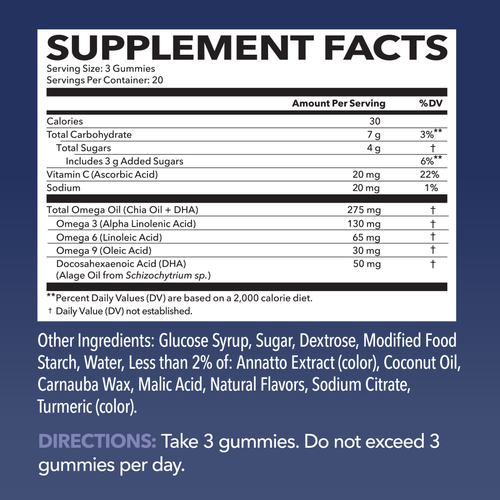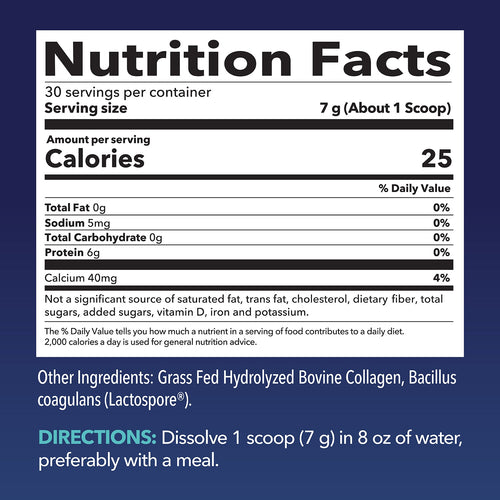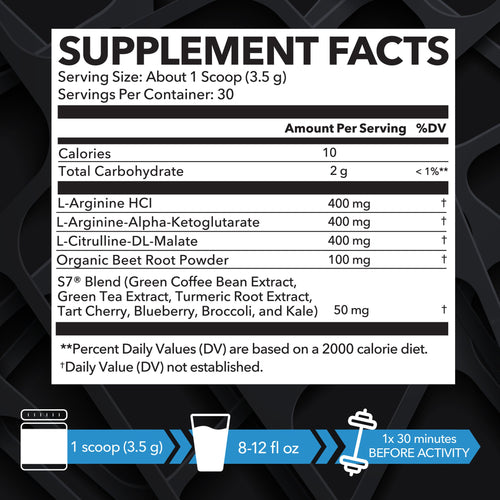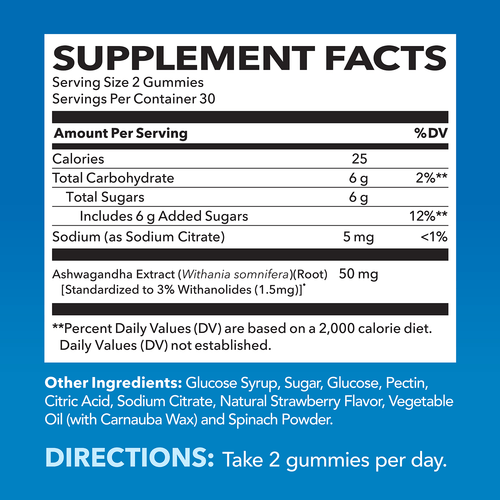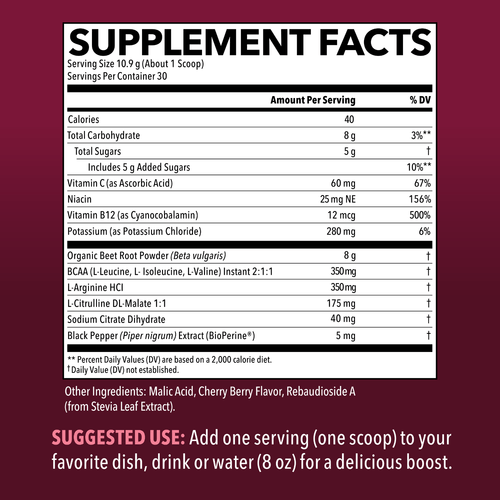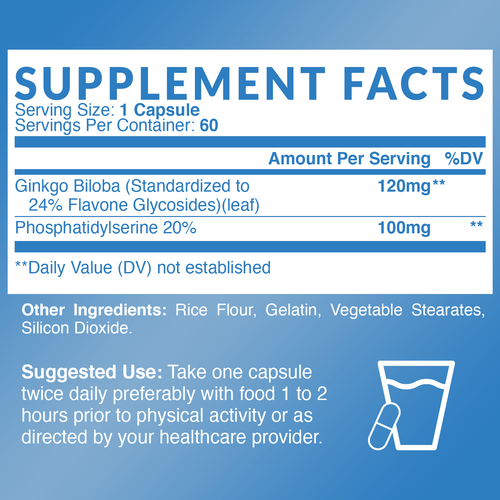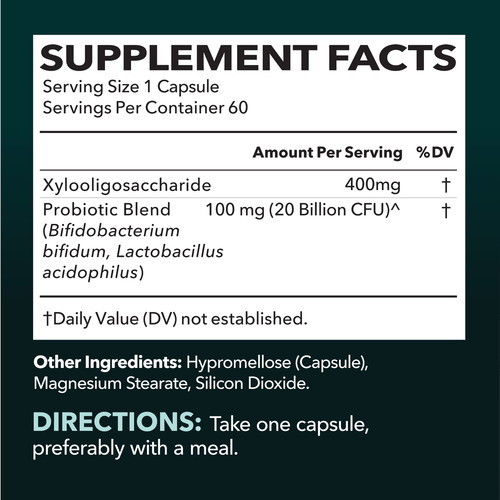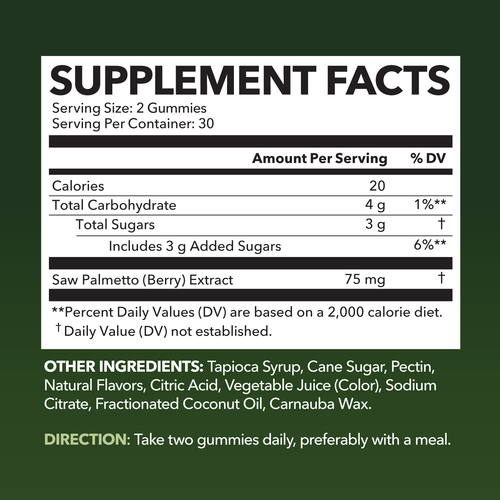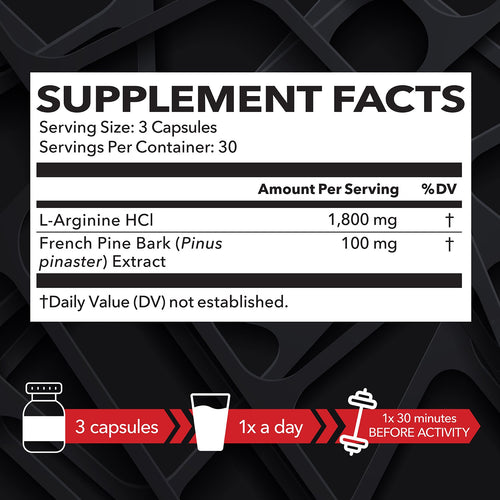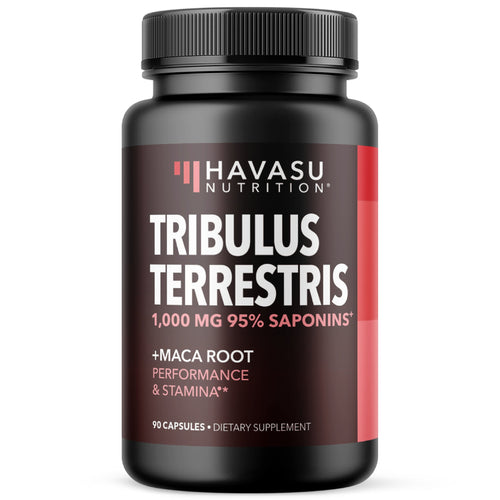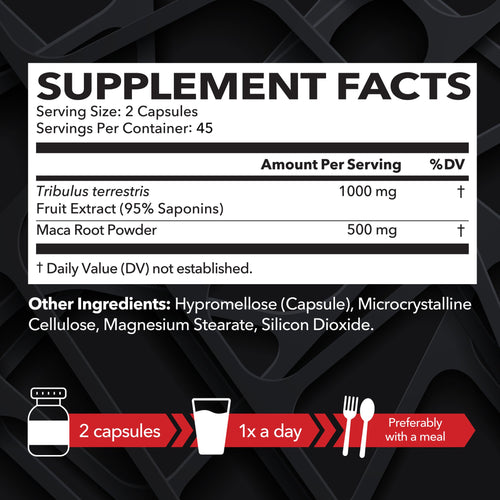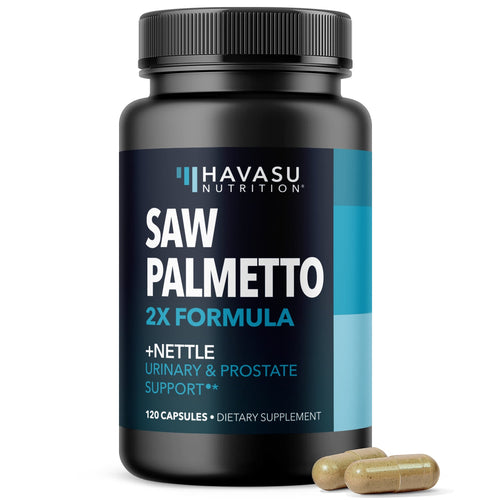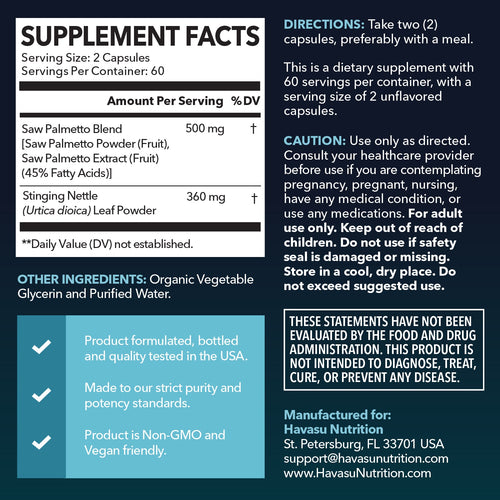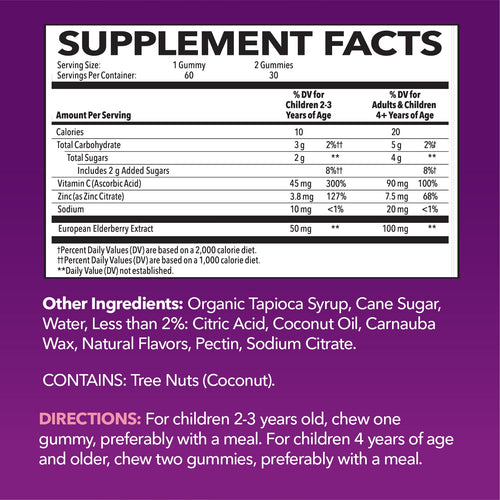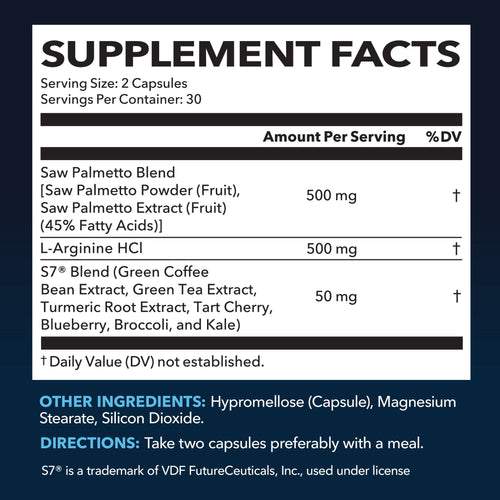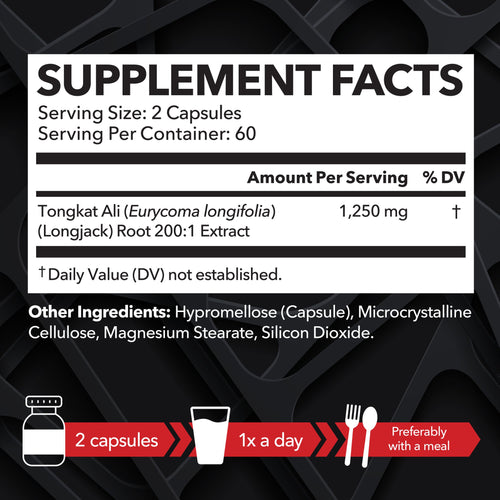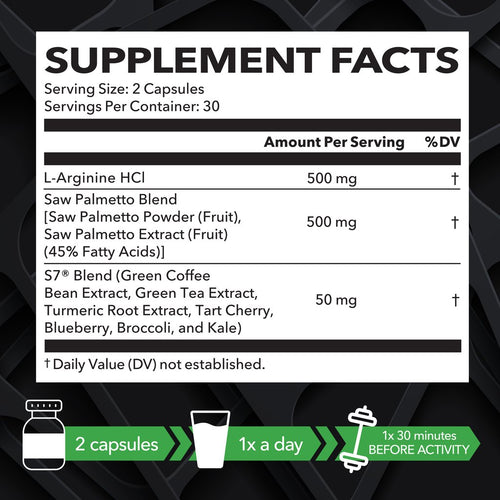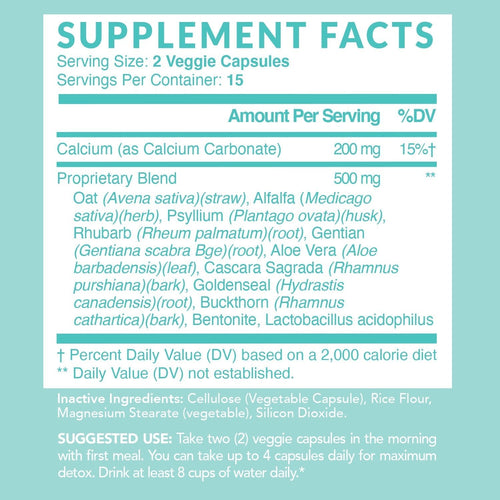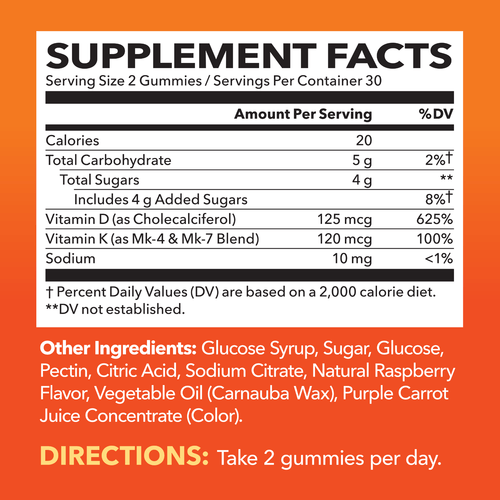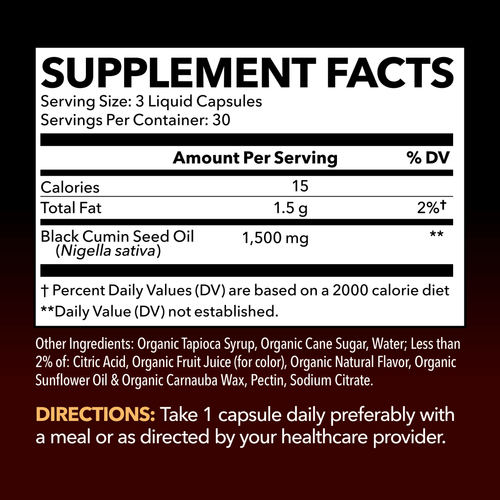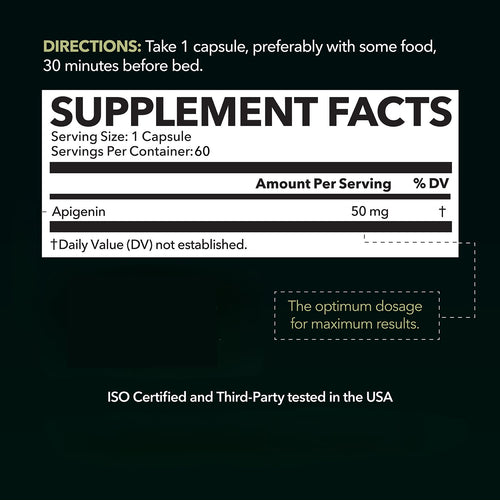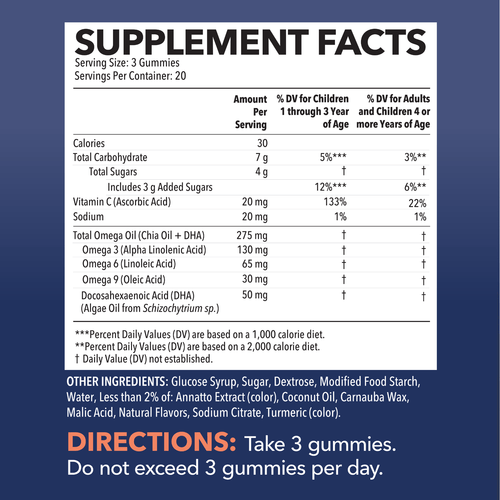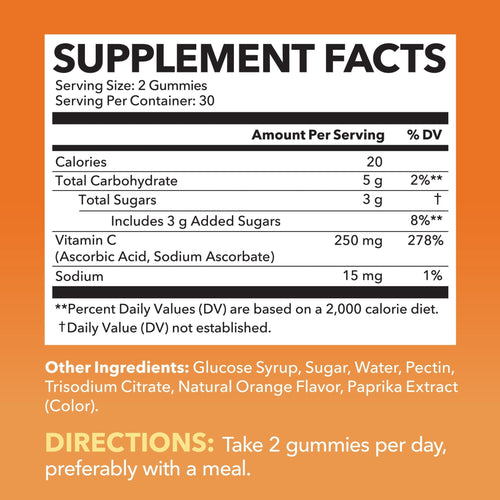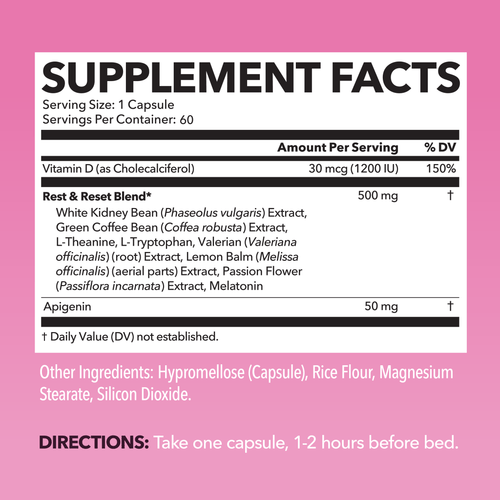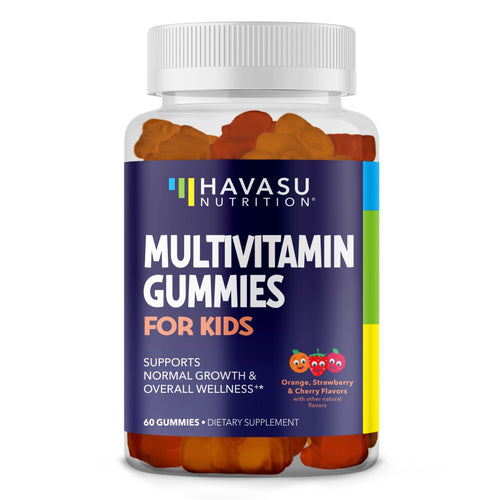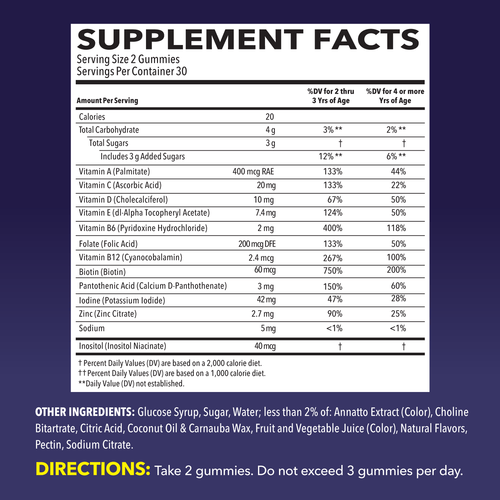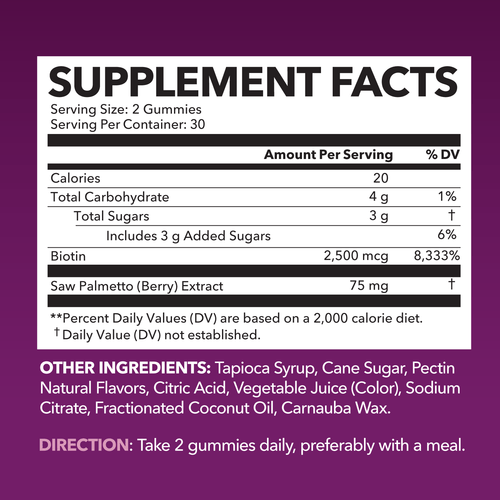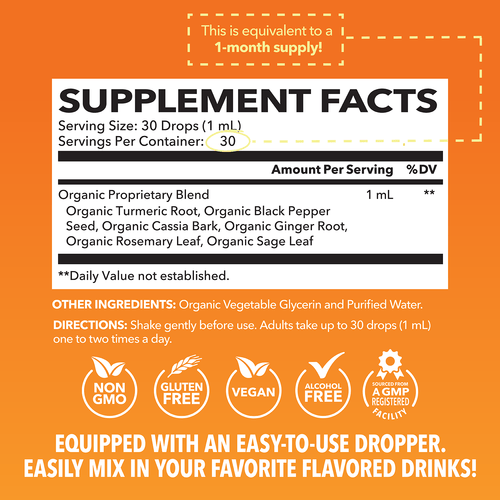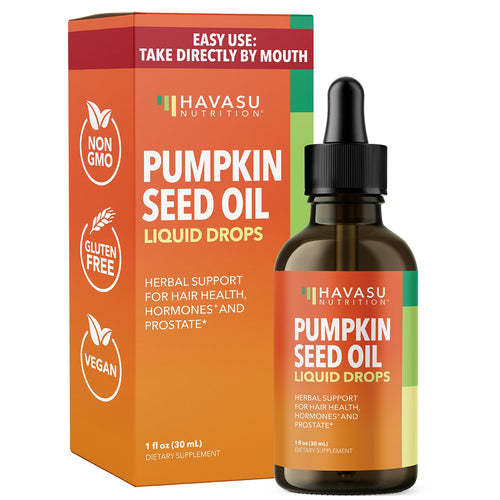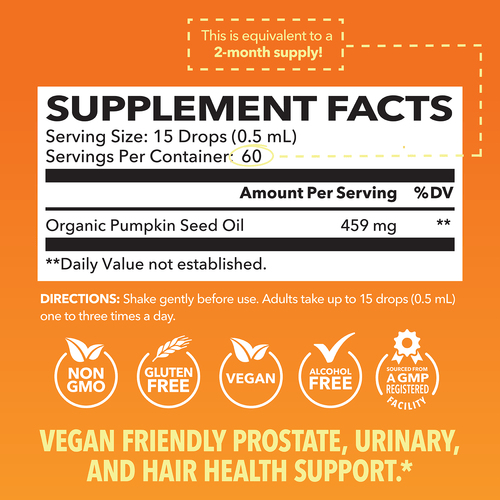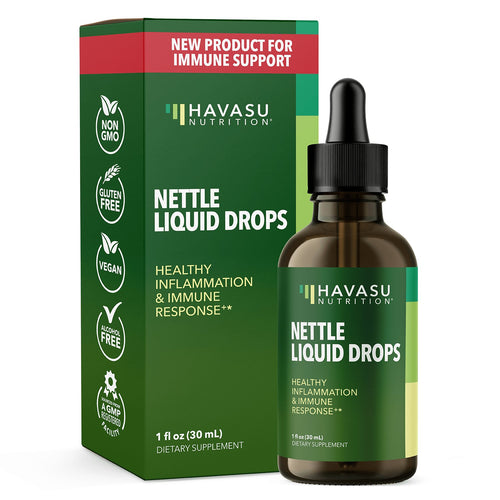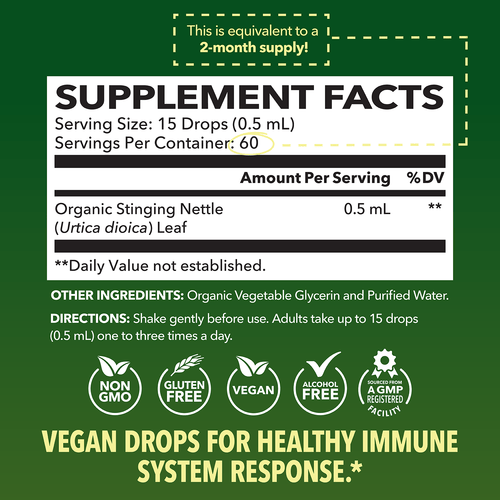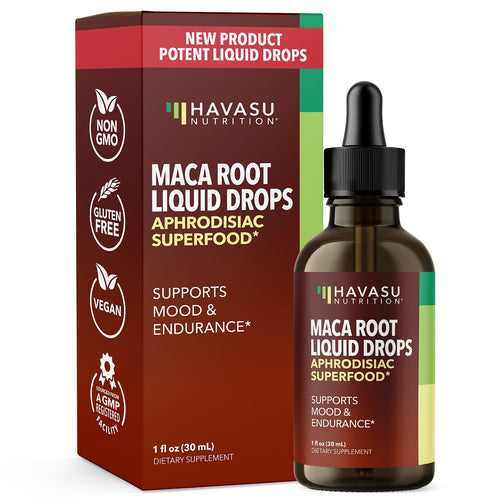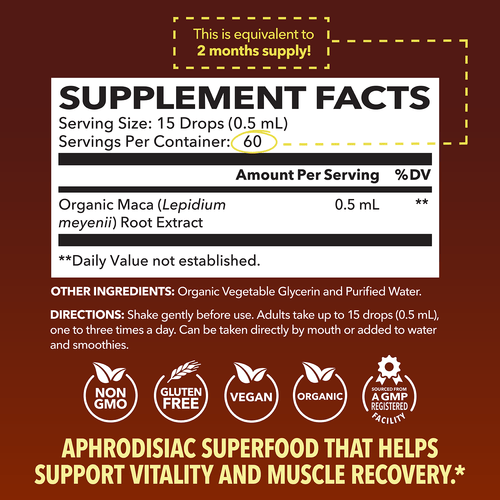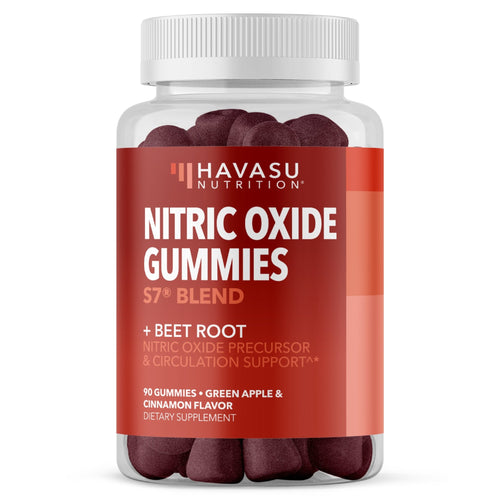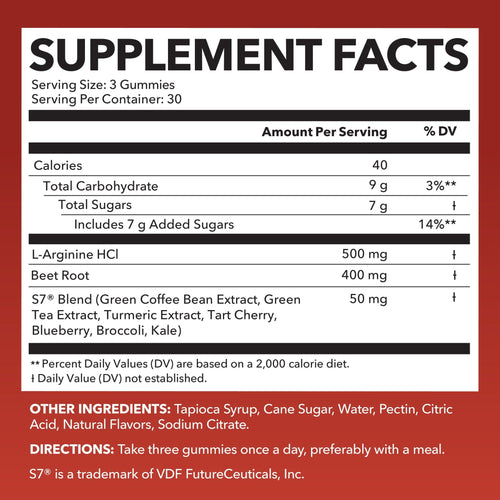HAVASU Meal Planning to Save Money
February 25, 2022
Here’s How to Save Money & Eat Healthier by Meal Planning

You don’t have to be a hyper-organized and principled apostle of Martha Stewart to be an efficient meal planner. With just a little determination and positive thinking, it is possible to save money, lose weight and feel healthier by spending just a few minutes a week designing a meal plan.
For many of us, inflation has taken a bite out of our household budget and eating prefabricated meals can simplify a hectic day. According to the U.S. Bureau of Labor Statistics, the index for food away from home rose 6.4 percent over the last year, the largest 12-month increase since January 1982. The average American spends nearly $4,000 a year on food away from home.
But whether if you are a working parent with a crazy schedule or a student on a budget, it’s possible to build up your bank account by following these basic meal-planning strategies.
Plan ahead

OK, this tip seems obvious. Meal planning requires that you plan ahead. Duh! But life can be hectic and this step gets overlooked when your life turns crazy busy. "Take inventory of what you have on hand so you don’t overbuy,” says author and nutrition expert Katherine Tallmadge. “Create a detailed shopping list based on your needs and weekly menu plan, and take into account how you plan on using leftovers." Sticking to a list will help you from buying unnecessary groceries and make you a more efficient consumer.
Keep it simple

Just because you’re being a bit more thoughtful in your approach to meal planning doesn’t mean you are automatically a better chef. Keep the recipes as simple as possible–especially during the weekday when your schedule may be crazier. Personalize your meal plan by knowing your limitations in the kitchen. A common error is overplanning and over-complicating your meals. Don’t let “fancy” be the downfall of your strategy. Once A Month Meals, a great online resource for meal planning, suggests that you “put a limit on the number of ingredients each recipe can have so your next grocery list isn’t a mile long!” Amen!
Head to the produce section first

Eating a healthy diet of fruits and vegetables will not only help your monthly budget, but it will also have long-term benefits. By tweaking your diet to accommodate more fresh produce, you will save money on health issues down the road. Again, Once A Month Meals comes through with some solid advice when it comes to shopping for fruits and veggies: Know what produce is in season and local–it will save you a ton of money if you shop seasonally.
Sometimes, frozen is better than fresh

Sure, fresh food is awesome. But frozen food often gets a bad rap. Frozen food technology has advanced a great deal over the years and it can really make meal planning so much easier. For example, frozen strawberries, mangoes and blueberries are excellent for breakfast smoothies. Frozen food is typically less expensive than fresh, yet they are equally nutritious. According to WebMD, “produce is typically frozen, canned, or dried at the peak of ripeness when nutrients are plentiful. Fish and poultry are often flash-frozen to minimize freezer damage and retain freshness. With frozen foods, you can use only the amount you need, reseal the package, and return it to the freezer. If it's properly stored, there's no waste.”
Pack a lunch instead of eating out

This tip may be the biggest money-saver of them all. And even more important, brown bagging it will help you eat healthier. Pack a simple sandwich on whole grain bread. Throw in a banana or apple or some other favorite fruit. Yogurt. Cut up some carrots, celery or your favorite veggie. This is much healthier and less expensive than that greasy burger or pizza from the fast-food joint. If possible, prepare your lunch the night before so you won’t be tempted to skip it during your hectic morning routine.
Be flexible

Your meal plan is not some sacred document that you have to follow religiously. It’s a plan … a helpful tool. Don’t get too rigid and become a slave to your well-thought-out plan. Did you score last-minute tickets to a concert? Were you asked out on a surprise date? Did your college BFF call and see if you were available for happy hour? Go for it! Your plan is still your plan. Missing a day is not going to blow your whole plan. By being flexible, you will not suffer FOMO or become too anxious. Remember: You are still better off with the plan than you were before. Just get back on the horse the next day. The memory of the concert or the date or happy hour with your BFF is worth it!








